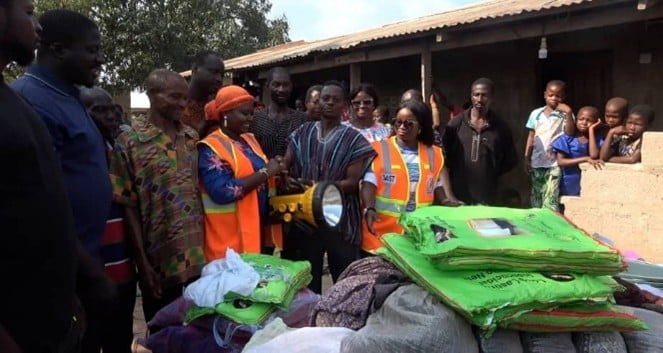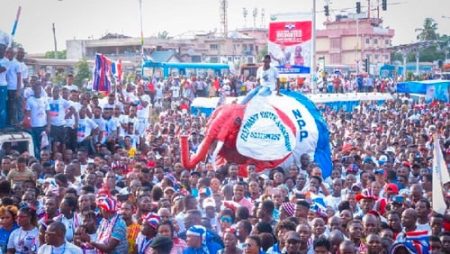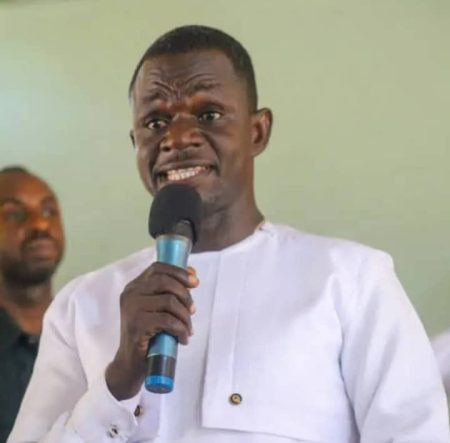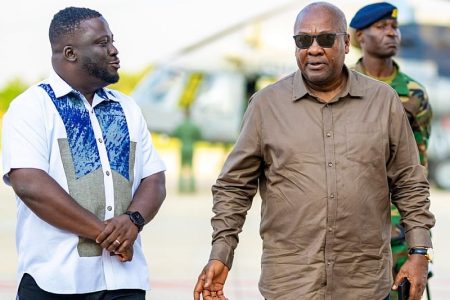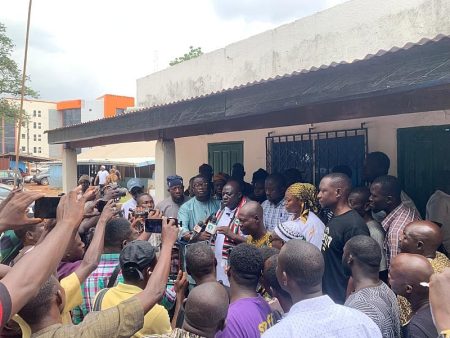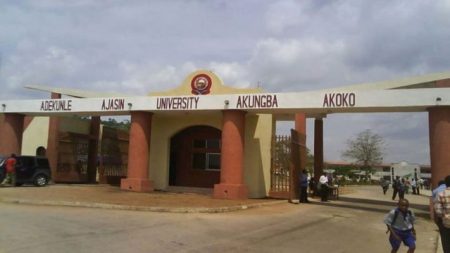The escalating communal conflict in Gbinyiri, located within the Sawla-Tuna-Kalba District of Ghana’s Savanna Region, has triggered a mass exodus of residents seeking refuge in neighboring communities both within Ghana and across the border into Côte d’Ivoire. The violence, stemming from a simmering land dispute that ignited two weeks prior, has claimed the lives of approximately 18 individuals, left numerous others injured, and resulted in the destruction of the Gbinyiri chief’s palace. The conflict has created a humanitarian crisis, forcing hundreds to flee their homes and seek shelter elsewhere. The escalating tensions and ongoing violence underscore the urgent need for intervention and resolution to prevent further loss of life and displacement.
The displaced population, primarily comprising women and children, face dire circumstances as they seek safety and basic necessities. Over the weekend, approximately 500 individuals displaced from Gbinyiri found temporary refuge in Subinso Number Two, a community near Wenchi in the Bono Region. These individuals are currently living in makeshift camps, highlighting the urgent need for humanitarian assistance and sustainable solutions to address their displacement. The vulnerability of women and children in these situations emphasizes the importance of targeted support to address their specific needs.
Recognizing the urgent needs of the displaced population, the Bono Regional Office of the National Disaster Management Organization (NADMO), spearheaded by Regional Director Mrs. Fati Kine-Lam, initiated relief efforts to provide essential aid. NADMO distributed a range of relief items to the displaced residents in Subinso Number Two, including bags of rice, clothing, rubber brackets, bowls, sleeping mats, foodstuffs, footwear, bags, and various other consumables. This intervention aims to mitigate the immediate challenges faced by the displaced population, providing crucial sustenance and basic necessities.
Ms. Gloria Opoku Gyamfi, the Municipal Chief Executive of Wenchi, commended NADMO’s swift humanitarian response and acknowledged the gravity of the situation, particularly for the affected children. She emphasized the dire circumstances faced by the displaced children, highlighting their vulnerability and the need for comprehensive support. Her appeal underscores the importance of collective action, urging organizations, individuals, and corporate bodies to contribute to the ongoing relief efforts and provide further assistance to the displaced population.
The ongoing conflict in Gbinyiri necessitates a multi-pronged approach to address both the immediate humanitarian crisis and the underlying land dispute. Immediate priorities include providing adequate shelter, food, water, medical care, and psychosocial support to the displaced population. Equally crucial is the need for conflict resolution mechanisms to address the root causes of the violence and prevent further escalation. This requires engaging with community leaders, traditional authorities, and relevant stakeholders to foster dialogue and facilitate peaceful resolution of the land dispute.
Long-term solutions should focus on fostering sustainable peace and development in the affected region. This involves addressing issues of land ownership, resource management, and inter-communal relations. Promoting inclusive governance, strengthening local institutions, and empowering communities to participate in decision-making processes are essential for building lasting peace and preventing future conflicts. Furthermore, addressing the underlying socio-economic factors that contribute to conflict, such as poverty and inequality, is crucial for achieving sustainable development and preventing recurring cycles of violence.





